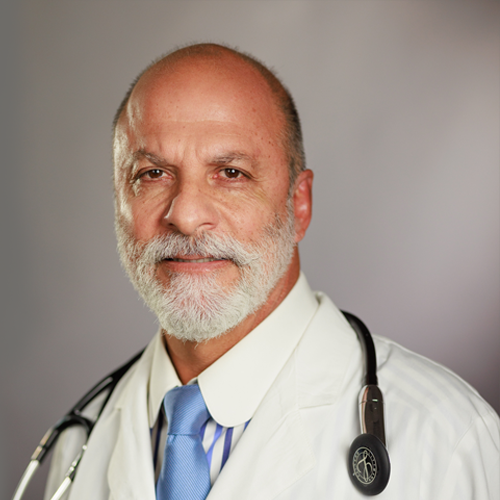RSV Clinical Trials and Research
Shaping the Future of Respiratory Healthcare
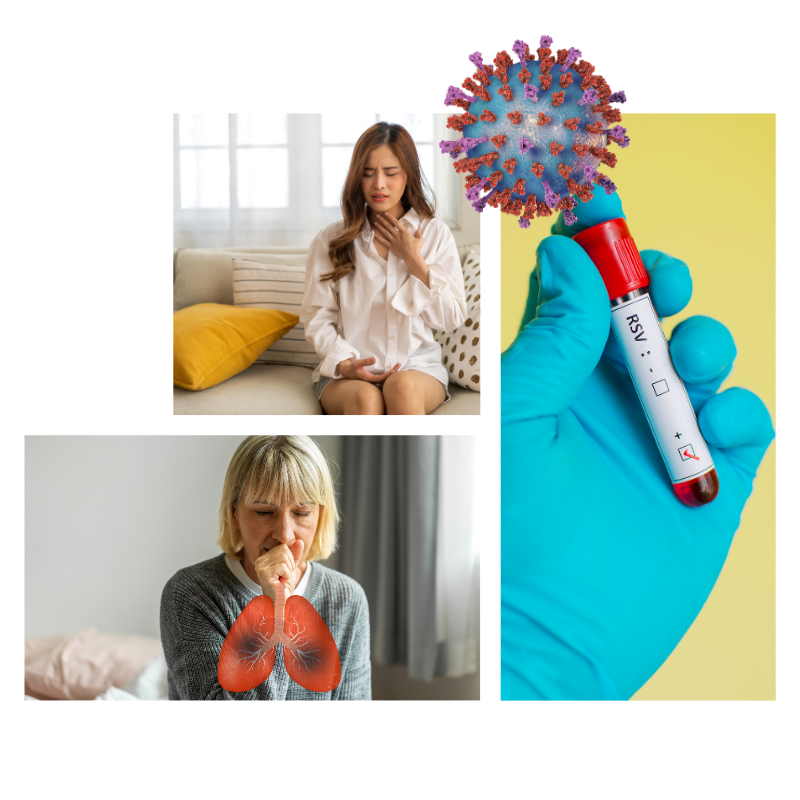
FOMAT Medical Research leads groundbreaking clinical trials focused on the respiratory syncytial virus (RSV), a significant respiratory infection affecting children and adults. Our research efforts concentrate on developing and evaluating new treatments and preventive measures for RSV infection.
Clinical studies serve as the foundation for advancing RSV research, allowing us to:
- Evaluate the safety and effectiveness of potential treatments, including a new drug, medicine, or vaccine.
- Study immune responses in different populations
Assess new prevention strategies. - Monitor patient outcomes across diverse groups.
Through our dedicated research sites across California, we work with both pediatric and adult populations to test innovative RSV therapies. Our current trials explore promising antiviral medications and novel therapeutic approaches that could reduce symptom severity and improve recovery times.
Our team collaborates with leading pharmaceutical companies and research institutions to accelerate the development of RSV treatments. By participating in these trials, volunteers contribute to scientific understanding while potentially gaining access to new therapeutic options under careful medical supervision.
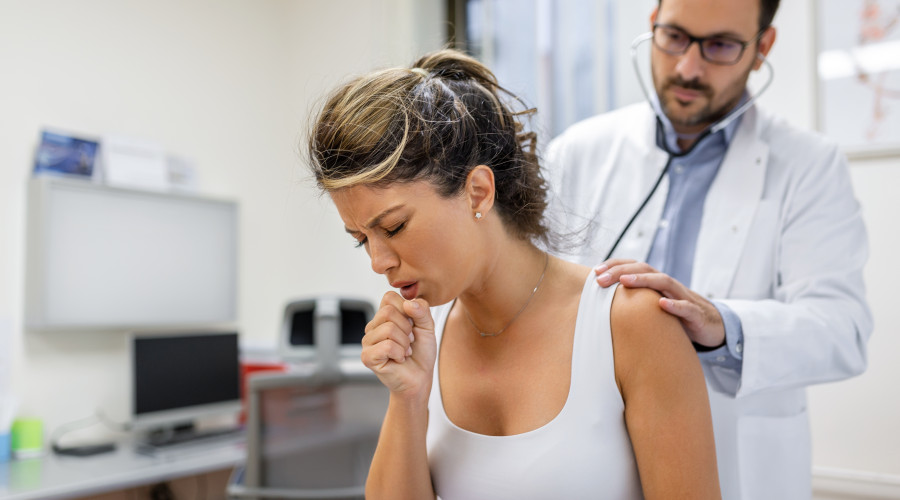
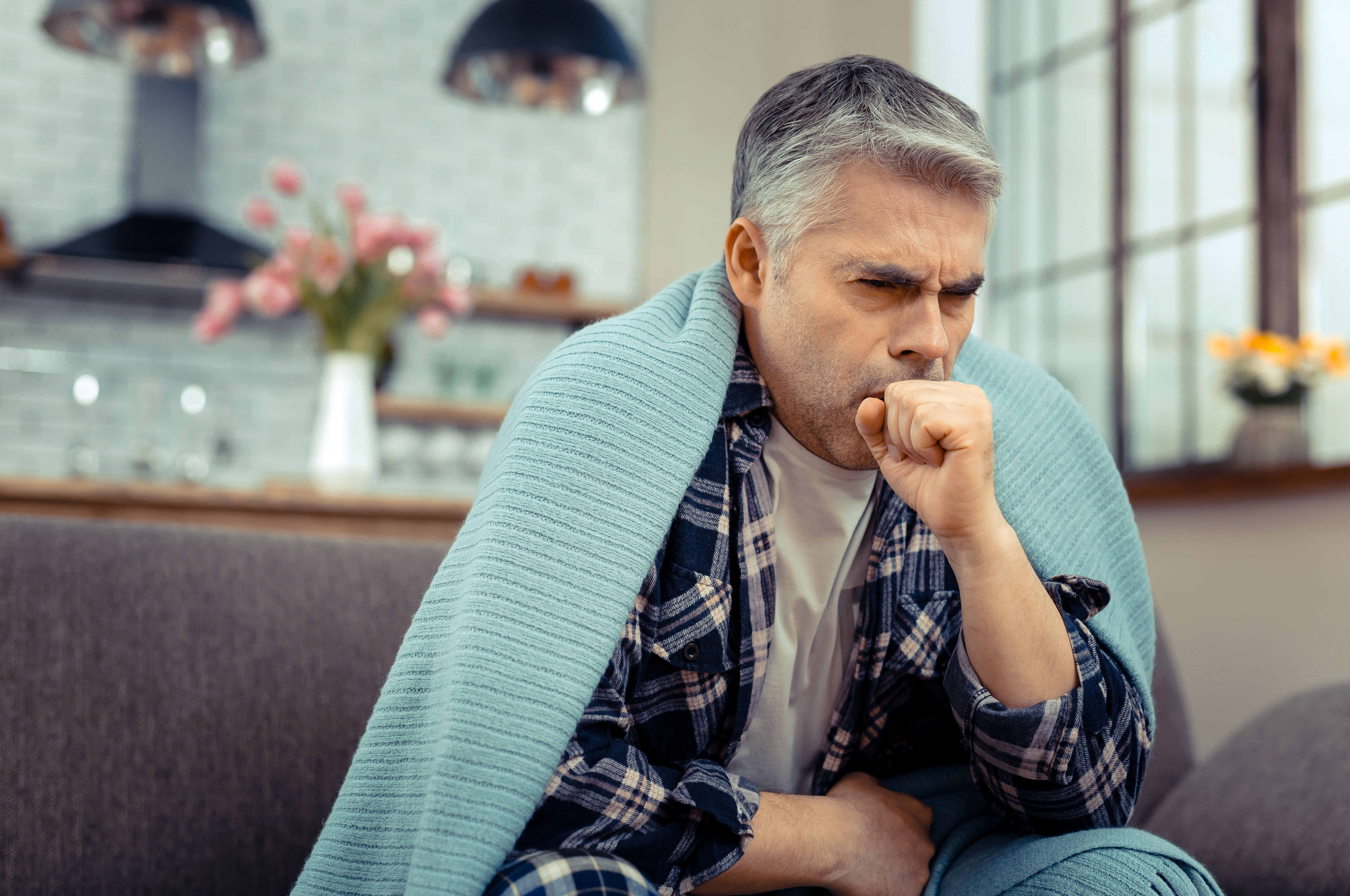
Understanding Respiratory Syncytial Virus
Respiratory syncytial virus represents a critical challenge in modern healthcare, functioning as a major respiratory pathogen that affects millions of people worldwide. This virus primarily targets the respiratory tract, causing infections that range from mild cold-like symptoms to severe respiratory distress.
RSV research focuses on three key areas of patient care. First, improving diagnostic capabilities to enable faster, more accurate detection of infections. Second, developing effective treatments to reduce symptom severity and duration. Third, creating preventive measures, including vaccines and prophylactic antibodies, to protect vulnerable populations.
The impact of RSV varies significantly across different age groups and health conditions. For infants and young children, the respiratory tract illness often leads to bronchiolitis and pneumonia, potentially requiring hospitalization. Each year,RSV causes approximately 58,000-80,000 hospitalizations among children under 5 years old. In elderly adults, especially those over 65, RSV can trigger severe respiratory complications, often exacerbating existing health conditions. For immunocompromised individuals, such as those undergoing chemotherapy or with organ transplants, RSV infections pose particularly serious risks, as their weakened immune systems struggle to combat the virus effectively.
The healthcare burden of RSV extends beyond individual patient impact, affecting healthcare systems through increased emergency department visits, hospitalizations, and the need for intensive care support. Understanding these dynamics drives ongoing research efforts to develop more effective interventions and protective measures against RSV infection.
Common Aspects of RSV Targeted in Clinical Trials
RSV clinical trials target several key aspects of infection, focusing on both common symptoms and serious complications that affect patient outcomes. Our research examines multiple controlled manifestations of RSV to develop comprehensive treatment approaches.
Respiratory distress stands as a primary concern in RSV infections. Clinical trials evaluate treatments that address breathing difficulties, including rapid breathing, wheezing, and labored respiration. These studies measure how different interventions can reduce respiratory symptoms and improve oxygen levels in affected patients.
Bronchiolitis, particularly common in infants and young children with RSV, remains an important focus area. Current trials investigate treatments to reduce inflammation in the small airways (bronchioles) and minimize mucus production that causes airway obstruction. Research shows that approximately 2-3% of all children under 12 months require hospitalization for RSV-related bronchiolitis.
Pneumonia development represents another significant complication of RSV infection. Our trials examine treatments that combat both the viral infection and prevent secondary bacterial pneumonia. Studies specifically target reducing inflammation in the lungs and supporting the body’s immune response against the virus.
The risk of hospitalization from RSV varies across an age group and their health conditions. Clinical trials evaluate preventive measures and early interventions to reduce hospitalization rates, particularly among high-risk populations such as premature infants, elderly adults, and immunocompromised individuals.
Through systematic clinical research, we’re advancing our understanding of RSV treatments. Each trial contributes valuable data about treatment effectiveness, optimal dosing strategies, and patient response patterns. This research directly translates to improved patient care protocols and better outcomes for those affected by RSV.
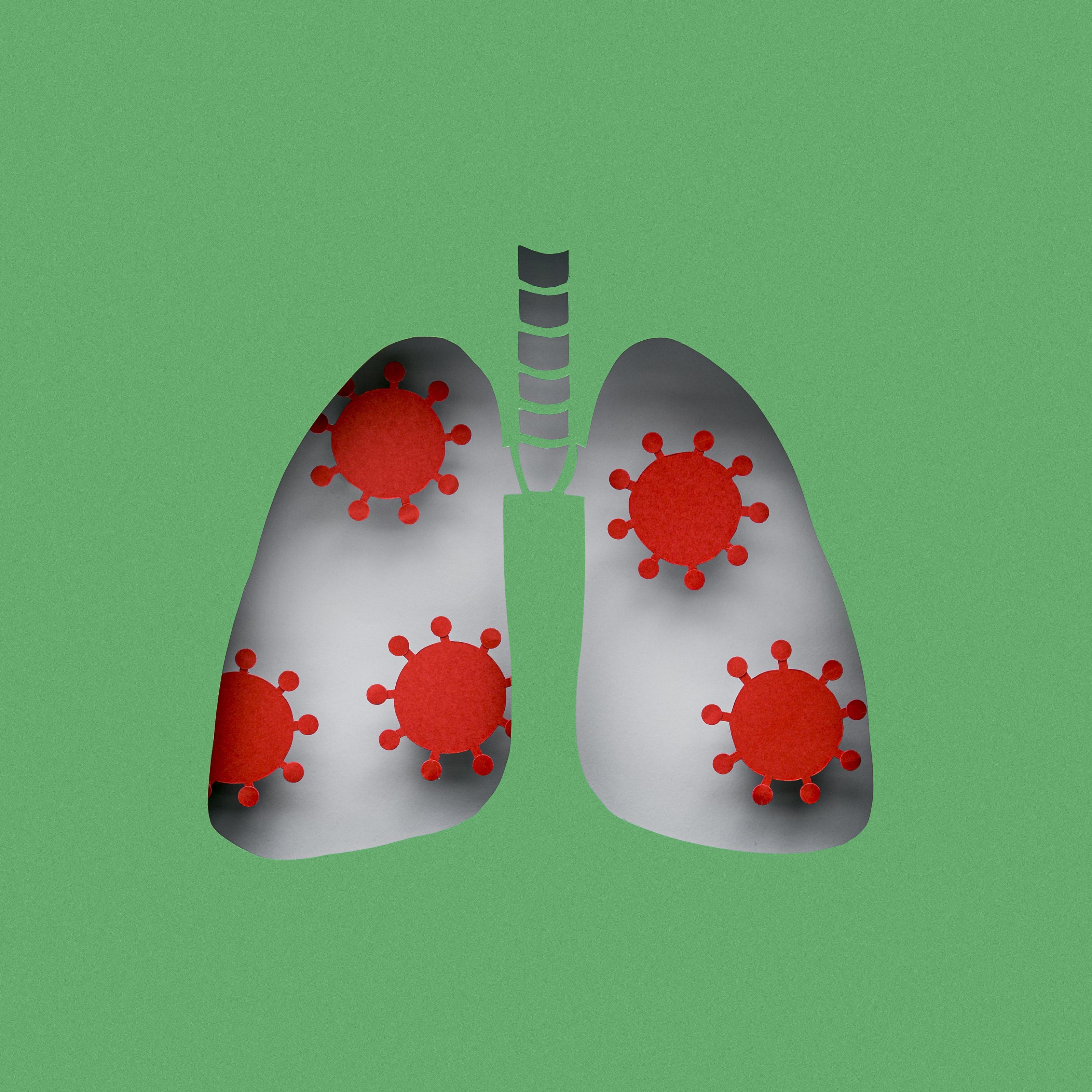
Why Clinical Trials Are Crucial for RSV Research
Clinical trials represent a critical pathway in addressing the significant challenges we face in treatment and prevention. Current diagnostic and management approaches for RSV remain limited, making research essential for advancing patient care.
The lack of effective antiviral treatments poses a major challenge in RSV management. While supportive care helps manage symptoms, few targeted therapies exist to directly combat the virus. Clinical trials evaluate promising new antiviral compounds that could potentially reduce viral load and symptom severity. These studies carefully assess both effectiveness and safety profiles of potential treatments across different patient populations.
Prophylactic options for RSV prevention currently remain restricted. While palivizumab provides some protection for high-risk infants, its use is limited by cost and the need for monthly injections during RSV season. New trials explore longer-lasting preventive treatments and more cost-effective approaches to protect vulnerable populations.
High-risk populations, including premature infants, elderly adults, and immunocompromised individuals, face particular challenges with RSV infection. Clinical trials specifically target these groups to develop tailored interventions that address their unique needs and vulnerabilities. This research helps identify the most effective ways to protect these populations from severe cases of complications.
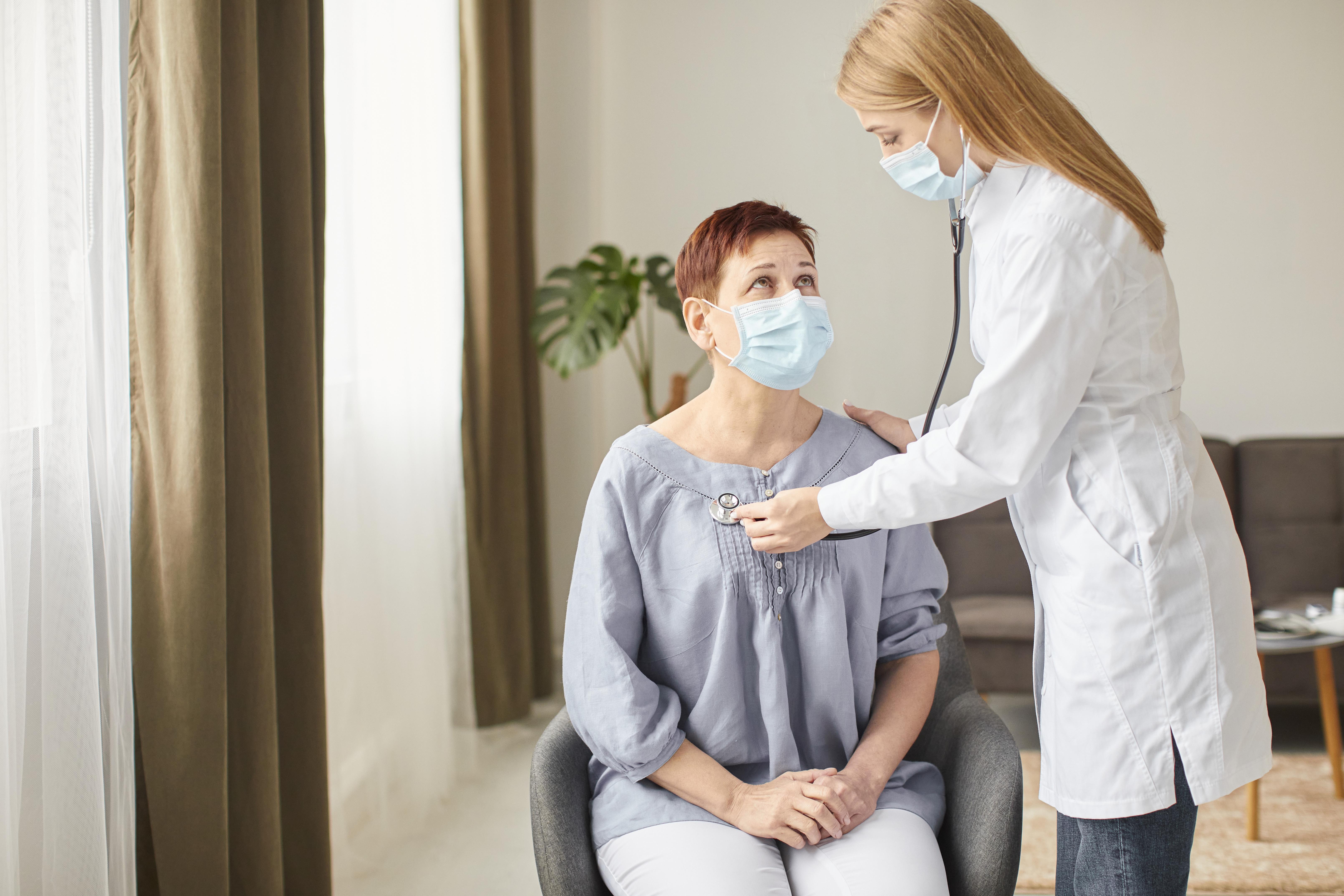
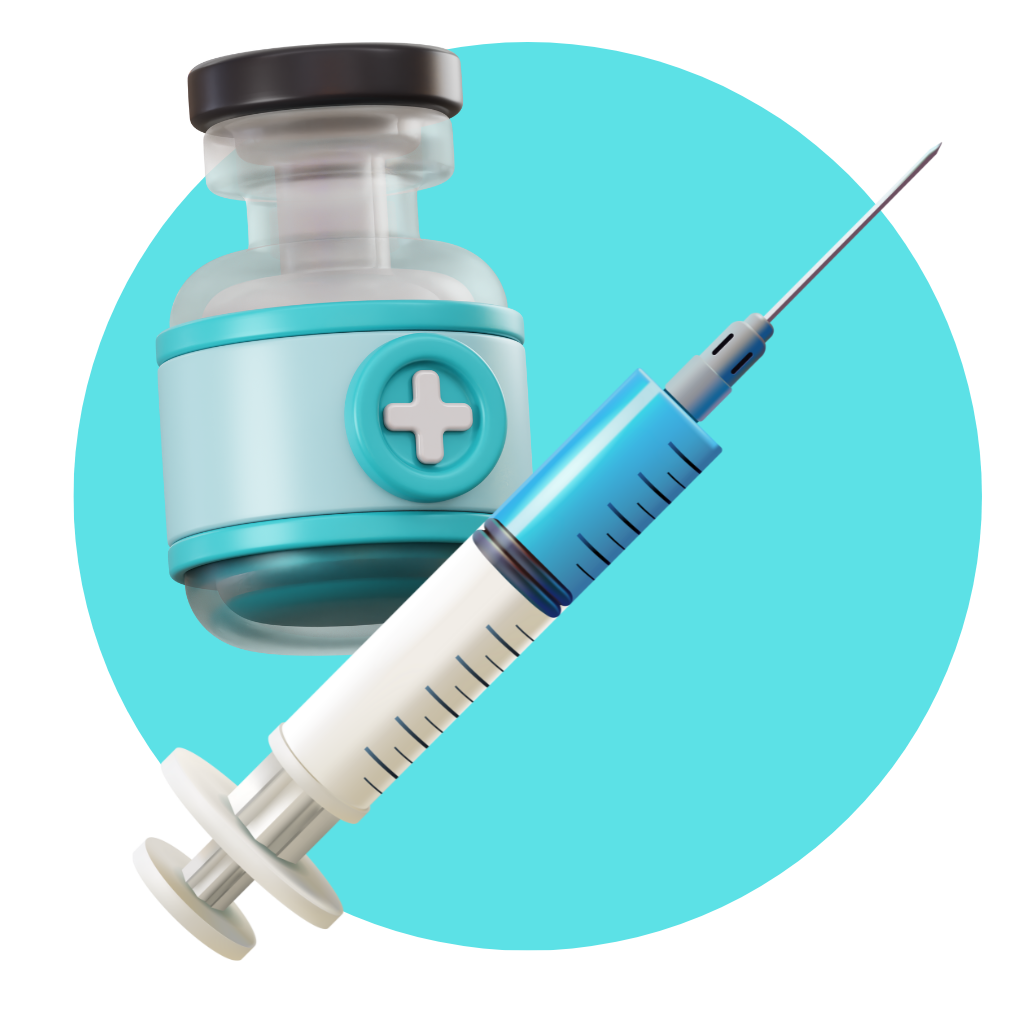
Vaccine development is a crucial focus in research. Clinical trials evaluate various vaccine candidates to determine:
Safety profiles across different age groups
Immune response generation
Duration of protection
Effectiveness in preventing RSV infection
Ability to reduce disease severity
Through systematic clinical research, we continue to build our understanding of RSV and develop more effective interventions. Each trial contributes valuable data that moves us closer to better treatments and preventive measures.
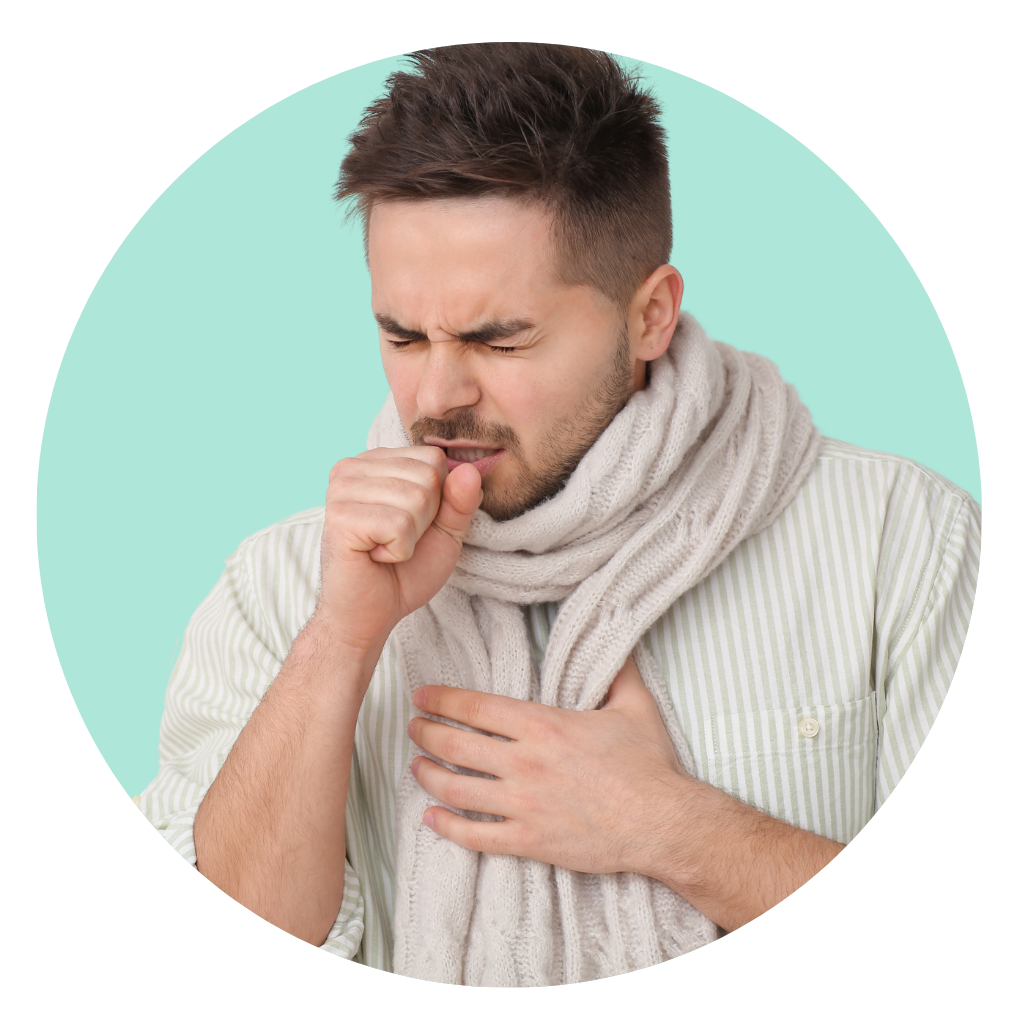
Symptoms and Progression of RSV Infections
RSV infections typically begin with mild symptoms that can progress to more severe manifestations, particularly in vulnerable individuals. Understanding this progression proves crucial for proper medical intervention and patient care.
Common initial symptoms of RSV infection include:
Safety profiles across different age groups
Immune response generation
Duration of protection
Effectiveness in preventing RSV infection
Ability to reduce disease severity
As the infection progresses, patients may develop more significant symptoms:
Severe coughing with wheezing
Rapid or difficult breathing
High fever
Bluish color around the lips or fingernails
Chest retractions during breathing
Lethargy or unusual tiredness
The progression pattern varies significantly among different populations. In healthy adults, symptoms often remain mild and resolve within 1-2 weeks. However, in vulnerable groups such as infants, elderly adults, and immunocompromised individuals, the infection can rapidly advance to severe respiratory complications including bronchiolitis and pneumonia.
Early symptom recognition plays a vital role in preventing severe complications. Parents, caregivers, and healthcare providers should monitor for:
Changes in breathing patterns
Decreased wet diapers or urination
Difficulty feeding or drinking
Increased irritability or lethargy
Worsening cough or wheezing
Regular monitoring helps identify when medical intervention becomes necessary. For high-risk individuals, early recognition of symptoms can mean the difference between outpatient management and hospitalization.
Causes and Risk Factors
RSV infections spread primarily through close contact with infected individuals or contaminated surfaces. Understanding the key risk factors helps identify those most vulnerable to severe infections and guides prevention strategies.
Age represents one of the most significant risk factors for severe RSV infection. Two primary groups face elevated risk:
- Infants and young children under 2 years old, whose immune systems and airways are still developing
- Adults over 65, who experience natural decline in immune function and often have underlying health conditions
Chronic lung conditions amplify the risk of severe RSV infection. These include:
Chronic obstructive pulmonary disease (COPD)
Asthma
Bronchopulmonary dysplasia
Cystic fibrosis
Social determinants of health significantly impact RSV prevalence and outcomes. Key factors include:
Access to healthcare
Living conditions and crowding
Exposure to secondhand smoke
Socioeconomic status
Educational awareness about RSV prevention
These social factors often intersect with medical risk factors, creating complex challenges in RSV prevention and treatment. FOMAT Medical Research actively works to address these disparities through inclusive clinical trials and community outreach.
Complications of RSV Infections
RSV infections can lead to serious complications, particularly when not detected and treated early. Understanding these potential complications drives the urgency for prompt medical intervention and highlights the importance of ongoing clinical research.
Short-term complications often develop within days of initial infection:
Severe bronchiolitis requiring oxygen support
Pneumonia with potential need for mechanical ventilation
Respiratory failure requiring intensive care
Dehydration from feeding difficulties
Ear infections and sinusitis
Apnea, especially in young infants
Long-term complications can persist or develop after the acute infection:
Bronchopulmonary dysplasia, particularly in premature infants
Increased risk of recurrent wheezing and asthma
Compromised lung function
Higher susceptibility to future respiratory infections
Potential cognitive impacts from severe episodes requiring hospitalization
Secondary infections pose additional risks:
Bacterial pneumonia developing after viral infection
Increased risk of ear infections
Greater susceptibility to other respiratory pathogens
Extended recovery periods
Higher likelihood of future hospitalizations
The impact of these complications extends beyond immediate health concerns:
Increased healthcare costs from extended hospital stays
Lost work time for caregivers
Long-term medical follow-up requirements
Potential developmental impacts in young children
Strain on healthcare resources during peak RSV seasons
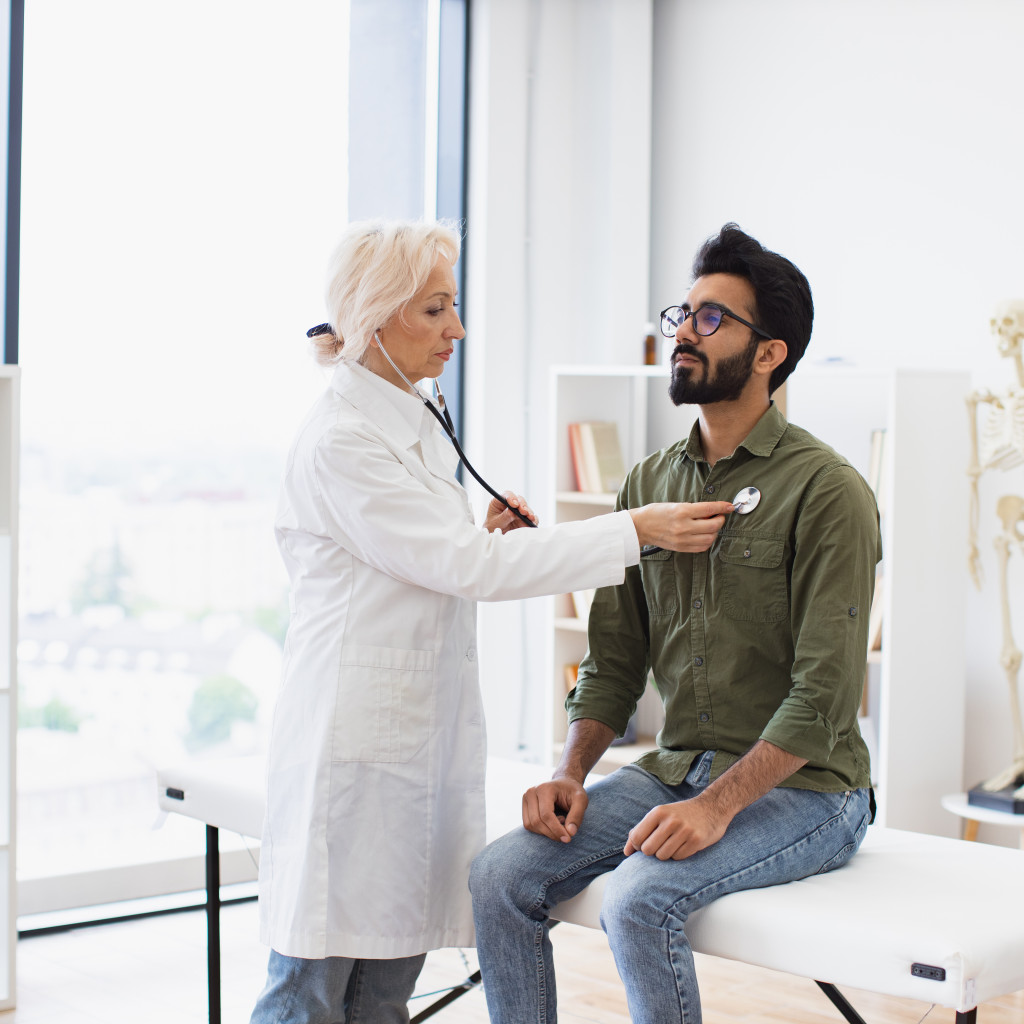
Early detection and intervention remain crucial for preventing severe complications. Warning signs requiring immediate medical attention include:
Difficulty breathing or rapid breathing
Severe coughing or wheezing
Poor feeding or decreased urine output
Lethargy or extreme irritability
Bluish color around lips or fingernails
FOMAT Medical Research continues to study these complications through clinical trials, working to develop more effective treatments and preventive measures.
FOMAT's Commitment to RSV Research
FOMAT Medical Research maintains a strong commitment to advancing RSV research through comprehensive clinical trials. Our experienced research teams across California collaborate with leading pharmaceutical companies and healthcare providers to develop innovative treatments and preventive measures for RSV.
Our expertise in RSV research includes:
Phase I through Phase IV clinical trials
Both pediatric and adult RSV studies.
Vaccine development research.
Treatment evaluation studies
Prevention strategy assessments
Our dedication to RSV research extends beyond individual trials. We maintain:
- Teams trained in complex protocol management
- Strong relationships with local healthcare providers
- Diverse patient populations for comprehensive trial data
- Rigorous quality control measures
To learn more about our current RSV trials or discuss participation opportunities, contact the FOMAT Medical Research team.
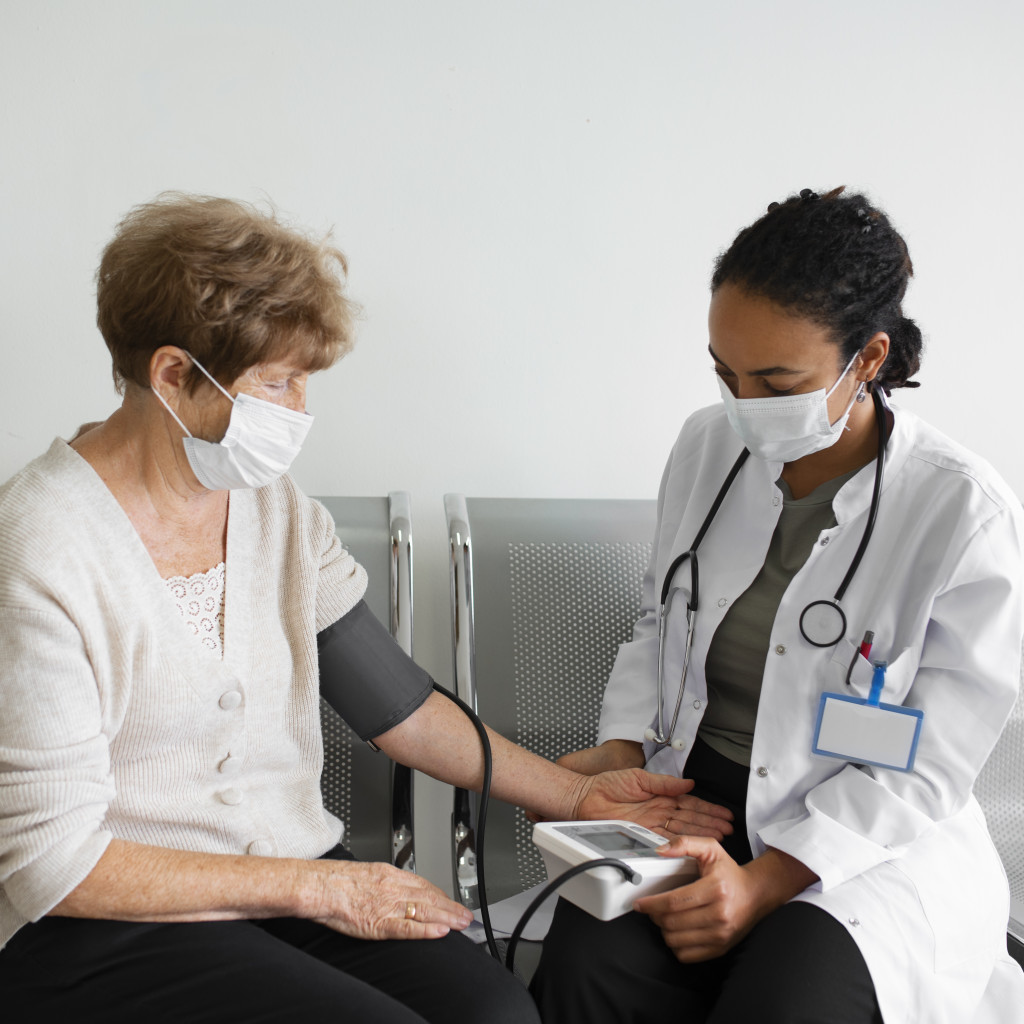
Our Active Clinical Research Studies
-
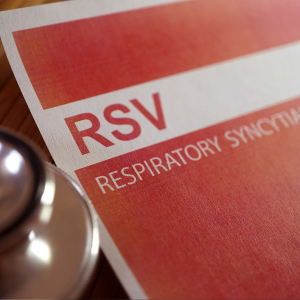 Santa Maria
Santa MariaPediatric Respiratory Syncytial Virus (RSV)
We’re conducting a study to explore a new option for children with respiratory syncytial virus (RSV). This research aims to better understand how it can support recovery and overall health. Criteria & Qualifications: • Must be under 18 years old. • Diagnosed with RSV. • May have health factors like certain medical conditions. Compensation: Contact us for more information
Pediatric Respiratory Syncytial Virus (RSV)
Read more -
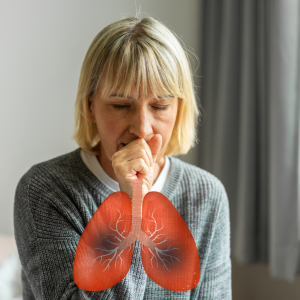 Oxnard, Salinas
Oxnard, SalinasRespiratory Syncytial Virus (RSV)
We’re conducting a study to evaluate a new treatment for adults with acute respiratory syncytial virus (RSV) infection. The goal is to understand how this treatment may help reduce symptoms faster and improve health outcomes. Criteria & Qualifications: • Must be 18 years or older. • Diagnosed with acute RSV infection. • Exhibits risk factors such as age 60+, chronic lung diseases, or cardiovascular conditions. Compensation: Contact us for more information
Respiratory Syncytial Virus (RSV)
Read more -
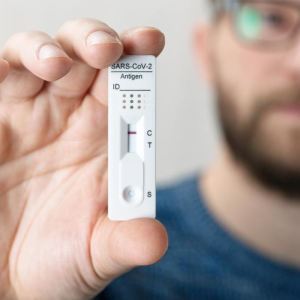 Castroville, Salinas
Castroville, SalinasDevice for COVID, Flu and RSV
Help us improve understanding of respiratory infections like COVID-19, Flu A, Flu B, and RSV. Criteria & Qualifications: • Must have symptoms such as cough, fatigue, or sore throat that started within the last 7 days. • Must not currently have nasal trauma (e.g., nosebleeds) or have used nasal rinses recently. • Must not be undergoing treatment for COVID-19 or flu within the past 14 days. Compensation: Contact us for more information.
Device for COVID, Flu and RSV
Read more
Your Participation Can Make a Difference in RSV Research!
FOMAT Medical Research actively promotes participation in RSV clinical trials, making the process accessible and straightforward for interested individuals. We focus on connecting potential participants with appropriate research opportunities while ensuring they fully understand the trial process.
Benefits of participating in RSV clinical trials include:
Access to innovative treatments before general availability
Regular medical monitoring by research professionals
Contribution to advancing medical knowledge
Compensation for time and travel
No-cost study-related medical care
Direct involvement in improving future RSV treatments
Getting involved in our RSV research is simple:
Contact our team
Complete an initial screening to determine eligibility
Review study details and requirements with our research staff
Schedule an in-person evaluation if appropriate
Begin participation after providing informed consent
We support participants throughout the entire process by:
- Providing clear information about study requirements
- Maintaining regular communication
- Addressing questions and concerns promptly
- Ensuring comfortable study environments
Interested individuals can learn more by:
Visiting our website for current trial listings
Calling our dedicated recruitment team
Attending informational sessions at our research sites
Speaking with our research coordinators about specific studies
Contact FOMAT Medical Research today to explore RSV clinical trial opportunities and contribute to advancing RSV treatment options.
Medical Community Support in RSV Research
FOMAT Medical Research actively partners with healthcare professionals to advance RSV research through comprehensive support, clinical studies, and collaboration. Our network includes over 50 research sites across California, connecting medical professionals with cutting-edge RSV studies and resources.
Innovation in RSV Research
FOMAT Medical Research remains at the forefront of RSV innovation, participating in groundbreaking studies that advance our understanding and treatment of respiratory syncytial virus infections. Our research contributes to significant developments in both therapeutic and preventive approaches.
Let's Partner to Accelerate RSV Research & Efficacy
FOMAT Medical Research remains at the forefront of RSV innovation, participating in groundbreaking studies that advance our understanding and treatment of respiratory syncytial virus infections. Our research contributes to significant developments in both therapeutic and preventive approaches.
Join us in advancing RSV research and improving patient outcomes.
Visit our Oxnard headquarters at 300 South A Street Suite 201, Oxnard, CA 93030, or reach out through any of our contact channels to begin your partnership with FOMAT Medical Research. Together, we can accelerate the development of better RSV treatments and prevention strategies for future generations.
Meet Our Experts
